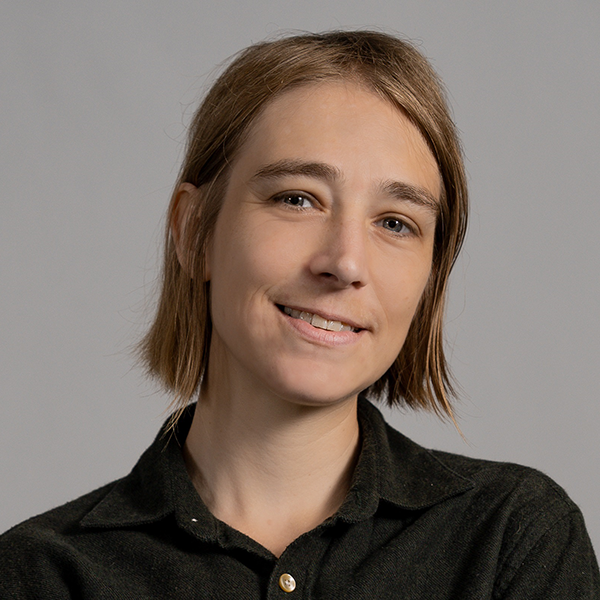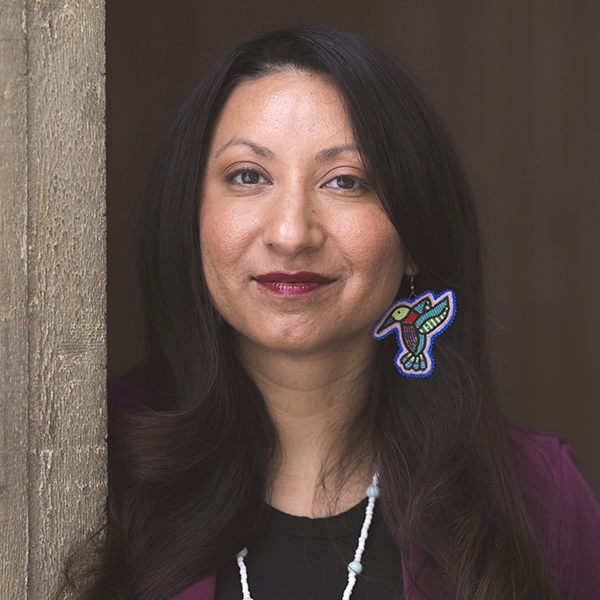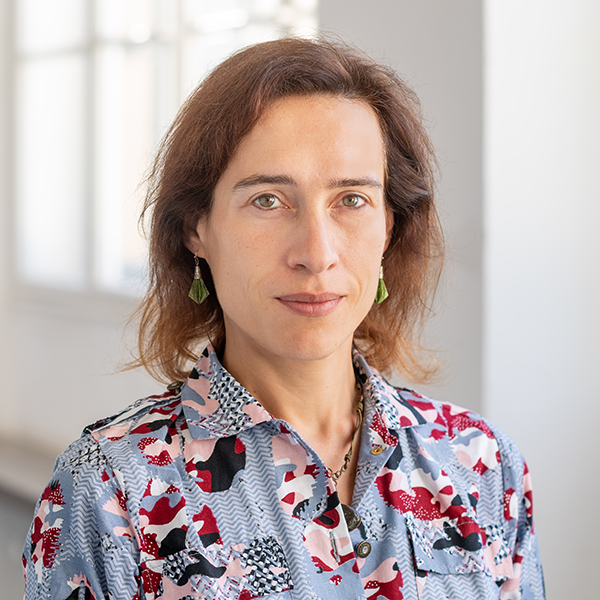Keynote Speakers
Living Data 2025 brings together world-renowned experts who are at the forefront of biodiversity data science, standards development, and conservation monitoring. Our keynote speakers will share cutting-edge insights and inspire new approaches to understanding and protecting global biodiversity.

Dr. Alice Hughes
Bridging Science and Policy: Leveraging Biodiversity Data for Conservation Impact
Dr. Alice Hughes has extensive experience in biodiversity research and policy engagement. Her work demonstrates how robust data and scientific evidence can drive effective conservation strategies and inform decision-making at local, regional, and global scales.
Through her research, Dr Hughes aims to better understand the limits of biodiversity data, how it can be analysed, where the gaps are and how biodiversity data can be translated into practical conservation solutions that address complex environmental challenges in diverse ecological and social contexts.
Topic Overview
This presentation will examine the critical interface between biodiversity science and policy implementation. Dr. Hughes will share insights on how to effectively communicate scientific findings to policymakers and design research programs that address pressing conservation needs. Drawing on her extensive work in Asia, she will highlight successful case studies where biodiversity data directly informed conservation policy and management decisions.

Dr. Lydia Jennings
From Land and Waters to Code and Cloud: Indigenous Data Sovereignty for Biodiversity and Rights-Based Governance
Dr. Lydia Jennings works at the intersection of Indigenous data sovereignty, environmental justice, and community-based research. Her research focuses on how inclusive data practices and Indigenous leadership can shape more equitable and effective approaches to biodiversity research and conservation.
Through her work, Dr. Jennings highlights the role of diverse knowledge systems in informing science, policy, and stewardship, creating pathways for Indigenous communities to maintain sovereignty over their environmental data.
Topic Overview
Indigenous Peoples continue stewarding the world's most biodiverse ecosystems while asserting sovereign rights within expanding digital environments. Indigenous Data Sovereignty serves as a critical tool for advancing rights-based approaches to biodiversity governance—from tangible realms of land and water to intangible domains of code and cloud. Through community-based examples, policy frameworks, and Indigenous-led data infrastructures, Indigenous Nations are protecting knowledge systems, asserting governance over ecological and digital territories, and challenging extractive models of conservation and data use. In an era when environmental decision-making is increasingly driven by algorithms, remote sensing, and big data, ensuring Indigenous control over their data is inseparable from their rights to land, life, and future-making. This reimagines digital ecosystems not as abstract or detached, but as deeply connected to sovereignty, relationality, and ethical care of all life.

Dr. Sabina Leonelli
The Future of Biodiversity Data Sharing: Data Absence, AI and Human-Powered Interoperability
Dr. Sabina Leonelli's influential work focuses on the philosophy of science, data governance, and knowledge generation. Her research explores the social, ethical, and conceptual dimensions of data practices, and how they influence scientific research and policy-making.
Dr. Leonelli's insights on how data infrastructures and open science practices can better serve both scientific and societal needs have shaped discussions around data ethics and responsible research practices globally.
Topic Overview
This keynote will reflect on three challenges of biodiversity data sharing and analysis, and their interrelations. The first challenge is data absence, with massive gaps in biodiversity surveys despite enormous efforts invested in data gathering. The second challenge is the integration of AI into data collection, management and analysis. The third challenge is the development of interoperable and sustainable data ecosystems at a moment of great digital fragility. Dr. Leonelli will argue that these challenges can be confronted by articulating the role of human agency more clearly and placing it at the centre of data management and analysis activities, exemplified through bio- ontologies, data sharing strategies, and AI-enabled data mining such as data visitations.

Dr. Rudolf Meier
Digitally Native Species Discovery: Tackling Insect Diversity with Robots, Megabarcoding, and Artificial Intelligence
Dr. Rudolf Meier leads the Center for Integrative Biodiversity Discovery at the Museum für Naturkunde in Berlin. His group focuses on hyperdiverse insect taxa and develops new workflows that combine taxonomic expertise with technologies such as DNA sequencing, robotic specimen handling, and machine learning also for species description. A central aim of this work is to develop scalable solutions for biodiversity discovery that are not limited to well-funded institutions, but also work in high-diversity and under-resourced regions where most undiscovered species are found.
Topic Overview
This talk will explore how scalable biodiversity discovery can be achieved by integrating automation, genomics, and informatics into specimen processing. Dr. Meier will present robotic tools for handling and imaging insect specimens, as well as pipeline designs that support reproducible, FAIR-compliant data flows. These workflows are designed so that structured data can be uploaded to open-access repositories such as Zenodo or Plazi at the time of generation and prepared for release upon publication. This avoids the slow and error-prone process of extracting data from the literature after publication and allows for rapid and reliable reuse of biodiversity data.